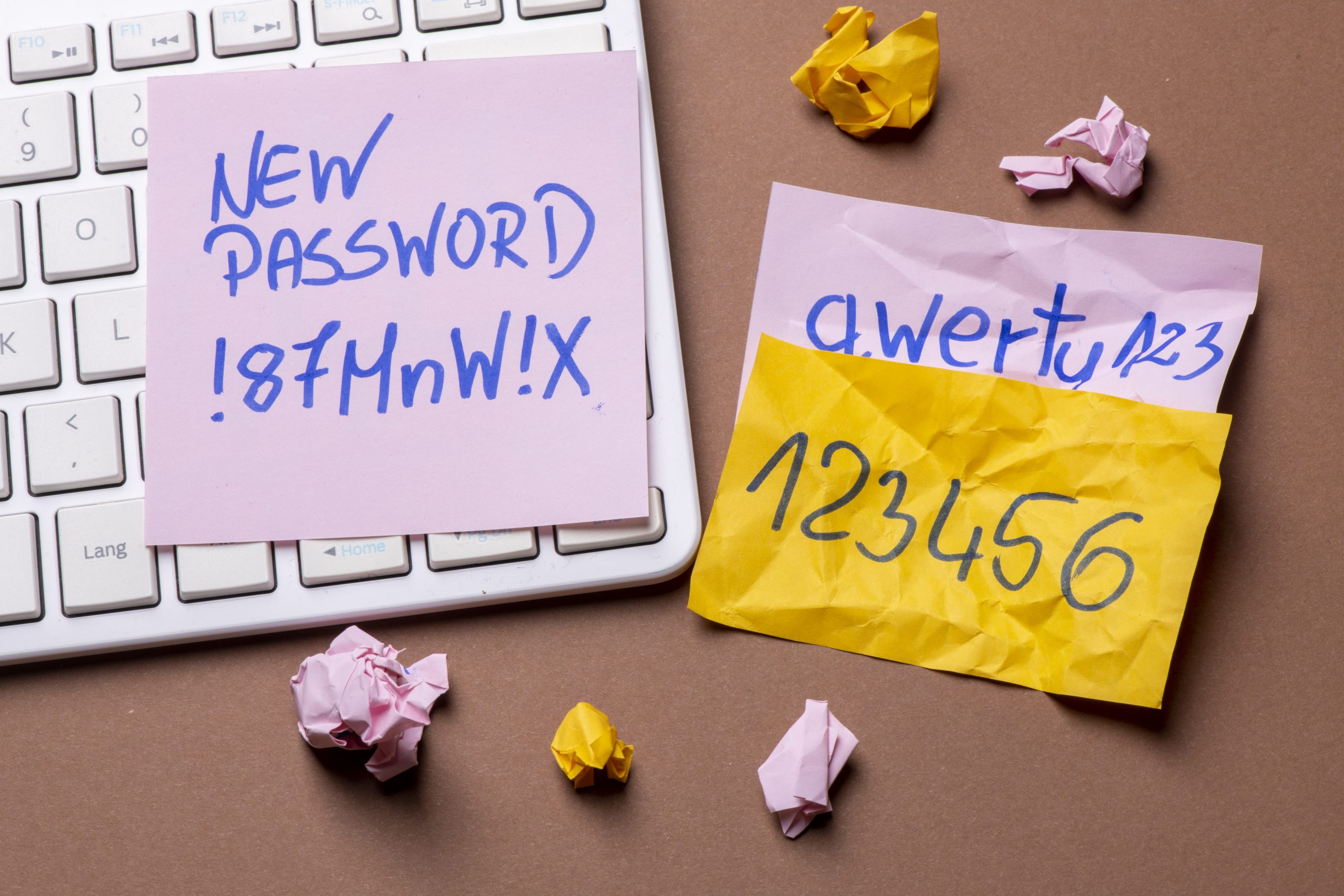Passwords are how we access anything private online. From banks to restaurants to emails and even to social media, we need login information to get online and keep our information protected. Kids also need their information protected. Whether you are making them an account or feel they are responsible enough to manage one on their own, they will need login information. Let’s look at how we can teach our kids smart passwords and information security.
The Importance of Strong Passwords
To get started, teach your kid the importance of strong passwords. Passwords and usernames are the front line defense for your information online. Each account you make online is specific to you and a username and password makes sure it’s you who access it. Without a password, anyone would be able to access your accounts.
Next, help them create a username, or if you’re making an account for them, learn what is appropriate to use as a username. Usernames are part of what makes a password work. It identifies you to the site you use. Some sites have your email automatically fit as your username. If that’s the case, make sure you have an email already set up securely.
Appropriate usernames are memorable but don’t reveal personal information like phone numbers or full names. Don’t combine your username with any part of your password.
What Does a Strong Password Consist of?
At last, we’re at the actual password. Like with your username, avoid using personal information or anything easy to guess. Don’t use 12345 or any variation on “password” (Things like: p@ssword, PA55word, pa$$word). These are the first things hackers try. It’s important to remember that hackers don’t manually try each password one at a time, they use a technique called brute forcing.
In the past, a shorter password was okay, but now it’s recommended to use a password that’s at least 16 characters in length. Characters, upper and lowercase letters, numbers, and symbols all combined together can make a great password. Avoid single words or common phrases. Hackers can also use “Dictionary attacks” which find single word passwords.
Why Strong and Unique Passwords Matter
Creating a secure password can be intimidating but critical for you and your child’s cyber safety. A good method can be using a secure and trusted password manager. Another is to memorize a random string of letters, numbers, and symbols, which can be difficult but it is the most secure. Another method is to take the first letter from a song or phrase you find memorable and use that.
Now that you’ve finally found a good password, keep it safe. Don’t share it online or even over the phone. Teach your kids why privacy of the password is important and to keep passwords and even their usernames private. It’s also important to change your passwords frequently. The digital world has it’s threats but a secure password is the first step to staying safe. If you or your children have trouble keeping track of passwords, check out this site to learn about and choose a password manager. With a password manager, you won’t have to remember every password you create.
Troomi also wants to help keep your child safe in this modern world of smartphones. Their child-safe smartphone is designed to incrementally teach them the skills they will need in the digital age. Check out Troomi for a plan that fits their needs.


